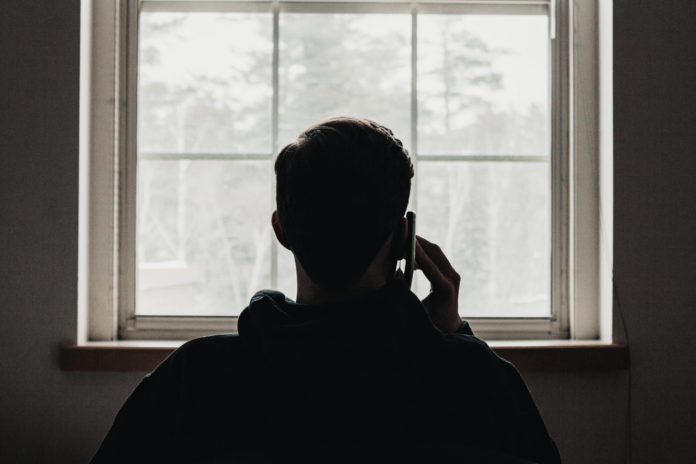Let me make a few things clear — I am not hating on mental health awareness. Though I cannot say I’ve suffered from serious mental health issues, I have had friends who have. I’ve gone through my rough patches. But I think there is an issue that needs to be addressed. The opinions on this annual event are divided. There are good and bad aspects. So, Bell — let’s talk about how you’re part of the problem.
Every year, Bell does a mental health awareness campaign called #BellLetsTalk. Every time the hashtag is used on social media, $0.05 is donated to mental health services. Over the years, millions have been donated. I think that’s great, I really do. It’d be ridiculous to throw shade at a person or company for donating to a cause.
And I’ve got to give props to Bell. This is genius — I’d love to know how much money they’re saving on all of the free advertising they receive. That’s the saddest part though. It’s marketing to get their brand awareness out — nothing more, nothing less. Can we really “talk” if the hashtag isn’t being used? Is the importance of mental health hidden behind a hashtag?
This campaign is like Budweiser rewarding a recovering alcoholic with a beer.
In 2017, Bell allegedly fired one of their own employees, Maria McLean, an hour after she had talked to her supervisor about taking a two-week mental health leave as recommended by her doctor. A week before their annual day-long campaign. One may say being fired may add more stress and trauma to a person. And they would be correct.
Bell somewhat glorifies mental health by pressuring young adults to speak about it. With the sea of posts on the day of, it can almost overwhelm someone who suffers from mental illness, wouldn’t you think?
When I try to put myself in a similar scenario, I picture my professor telling me I can talk to him at any time if I need help with something, and then the next day being told to figure it out on my own after asking for help. But the thing is, this is a reality and the professor is in everyone.
When it comes to people in Ontario jails, Bell actually profits off of inmate’s calls. Prisoners may need to call lawyers, counsellors, or whatever it may be. To do this, they must use landlines. It costs $1 for local calls and for long-distance calls, it’s up to $30 for around 20 minutes.
Every year, I see people tweeting about mental health.
“You can do it” or “you matter.” The same cliché. Then, I don’t hear from them again. I don’t think they really care.
I can imagine some people doing their hair, makeup and getting their “A” game on for that perfect Instagram picture of themselves holding their #BellLetsTalk sign. Then, they go back to the cave, without checking in on a loved one, without thinking of those affected by mental illness and such. But, two minutes later, they come out of the cave to check how many likes or compliments they’ve received. They’re doing everything they can to reach the character limit on Twitter and tracking its progress, getting a mini high or a rush after every like received. It glues us to our screen, which is a problem.
We glorify our image on social media, we review it to see what others would think. We review others and get jealous. We want to have a lot of followers. It makes us who we are.
This campaign raises money for a great cause. But there needs to be modifications. So, whether you keep on glorifying performative activism or not, just know there’s a lot more behind the hashtag.

